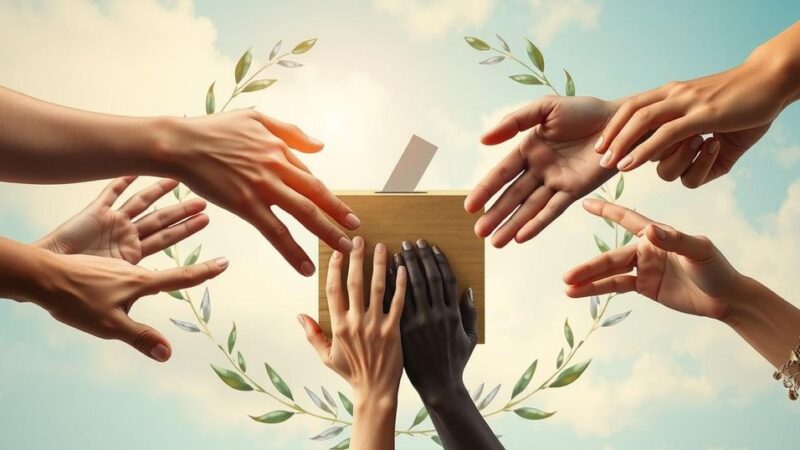Mpox cases are on the rise across 15 African nations, with DRC and Burundi significantly affected. WHO officials report over 6,580 confirmed cases and nearly 32,000 suspected cases this year, resulting in 844 deaths among suspected cases. Vaccination efforts are insufficient, despite international commitments, with calls for comprehensive public health strategies to address the outbreak effectively.
As the number of mpox cases escalates across Africa, public health officials and international leaders express urgent concerns regarding the outbreak’s containment. Currently, fifteen nations in Africa are experiencing active infections, with Morocco recently documenting a case. According to Samuel Boland, the mpox incident manager for the World Health Organization’s regional office in Africa, the Democratic Republic of Congo and Burundi account for nearly 90% of confirmed cases, although an increase in cases has been recorded in a variety of other nations including Cameroon, Central African Republic, Nigeria, Côte d’Ivoire, Republic of Congo, Liberia, Uganda, Kenya, Gabon, Rwanda, South Africa, and Guinea. The WHO has recognized two distinct strains of the virus: Clade I, previously termed the Congo Basin clade, and Clade II, formerly known as the West African clade. Mpox, which was formerly designated as monkeypox, is primarily transmitted through close human contact and occasionally through contaminated objects or environments. Symptoms commonly associated with the virus include fever, rash, and swollen lymph nodes. Since the beginning of this year, there have been 6,580 confirmed mpox cases, alongside nearly 32,000 suspected cases that align clinically with mpox symptoms but have not been confirmed through testing due to various resource constraints faced by several countries. Tragically, among the suspected cases, 844 individuals have died, while out of the confirmed cases recorded this year, 32 fatalities have been reported. During a recent virtual briefing, Jean Kaseya, the Director-General of the Africa Centres for Disease Control and Prevention, asserted that the mpox situation in Africa remains precarious. He emphasized that despite the arrival of vaccine donations, the quantities are grossly inadequate to effectively combat the outbreak. Kaseya indicated that, although there are commitments for approximately 4 million doses, significantly more is required. U.S. President Joe Biden, speaking to global leaders at the United Nations General Assembly on September 24, 2024, underscored the importance of swift action to tackle the mpox crisis in Africa. He declared, “We are prepared to commit $500 million to help African countries prevent and respond to mpox and to donate 1 million doses of mpox vaccine now.” The exact timeline for the delivery of these vaccines to African nations remains unspecified; however, President Biden assured that the investments will be made bilaterally and through multilateral organizations. In addition to the provision of vaccines, Samuel Boland articulated the need for comprehensive public health interventions to combat the current mpox outbreak. He remarked on the necessity to enhance surveillance, which encompasses thorough case investigation and contact tracing by engaging communities to report illnesses promptly. In conjunction with this approach, robust strategies for infection prevention and control, effective case management, and vaccination efforts have been identified as critical in managing the crisis.
Mpox, formerly known as monkeypox, is a viral zoonotic disease that has become increasingly concerning in terms of public health across Africa. The rise in cases, particularly in Central Africa, necessitates heightened awareness and intervention mechanisms to prevent further transmission. As several African countries grapple with outbreaks, the situation is compounded by limited resources for testing and vaccination. The WHO’s continued monitoring reveals a dire need for comprehensive strategies to address this health crisis and prevent further casualties.
In conclusion, the surge of mpox cases in Africa calls for immediate action and significant resource allocation to manage the outbreak effectively. With a considerable number of suspected cases and a concerning fatality rate, there is an urgent need for international collaboration, increased vaccination efforts, and enhanced public health interventions. The commitment from global leaders and organizations will be pivotal in controlling the ongoing outbreak and preventing further health crises.
Original Source: www.voanews.com






